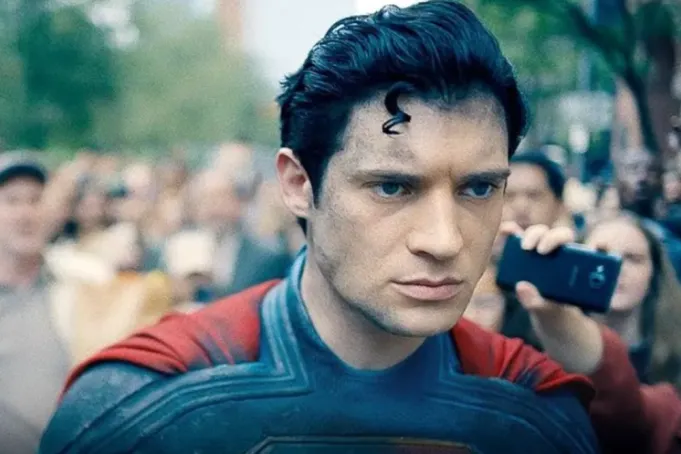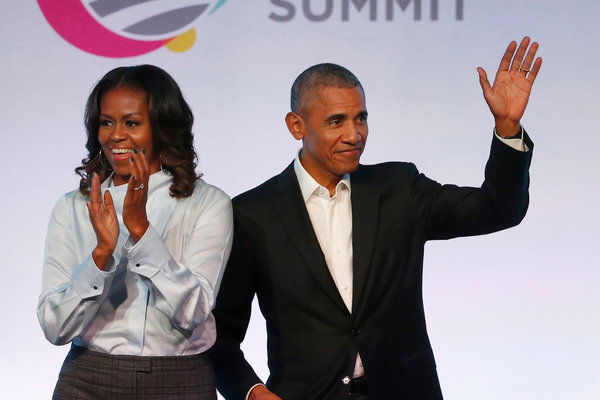James Gunn’s Superman is the latest work of fiction sparking debate for echoing the Israel-Palestine conflict through allegorical storytelling.
The film begins with Superman (David Corenswet) thwarting an attempted invasion by the fictional Eastern European nation of Boravia — characterized by Russian-speaking leaders and onion-domed architecture — into the neighboring country of Jarhanpur, whose people are primarily brown-skinned.
By the movie’s end, Superman must stop Boravia from launching a second invasion. Although Gunn has stated he wasn’t thinking about the Middle East when writing the story, online discourse has been rife with comparisons, with many suggesting Boravia symbolizes Israel and Jarhanpur represents Palestine.
While both nations have appeared in DC comics before, their conflict with each other appears to be an invention of the film. A conversation between Superman and Lois Lane (Rachel Brosnahan) closely mirrors real-world debates. Lois notes that Boravia claims it is liberating the Jarhanpurians from a tyrannical regime. Superman counters, asserting that Boravia — whose government is shown to be corrupt through ties with Lex Luthor (Nicholas Hoult) — would only replace one oppressive regime with another.
This exchange strikingly echoes ongoing arguments about Israel’s intentions in Gaza — whether its actions are aimed at freeing Palestinians from Hamas or asserting control over the territory. Visuals of Boravian soldiers in combat gear confronting Jarhanpurian civilians resemble footage of Israeli forces in Gaza’s hospitals and schools.
Read more: You’re a TV star, Harry: Potter series to debut in 2027
Despite these parallels, the film doesn’t come across as overtly anti-Israel. Superman stands firmly against the killing of innocents, regardless of who they are. As he passionately tells Lois, his mission is not rooted in political allegiance but in protecting life. It’s easy to imagine he would have tried to stop the October 7 massacre — not as a partisan act, but because it would have meant saving lives.
Still, even if one sees the film as critical of Israel, it hardly portrays Jarhanpur — or its Middle Eastern-coded characters — in a positive light. The Jarhanpurians primarily exist to serve as helpless victims, giving Superman the chance to display his moral compass and heroism.
Read more: CM Maryam Nawaz Takes Stand Against Dala Culture
The film’s more problematic moments lie in its racial portrayals. The only prominent Middle Eastern character, Malik, exists mainly to develop Superman’s emotional depth. Their friendship underscores Superman’s compassion, and when Malik is kidnapped by Lex Luthor to force Superman’s hand, he ultimately sacrifices himself — complete with a heavy accent — so the hero can triumph. Malik’s job? A stereotypical falafel cart vendor.
In the end, Gunn’s Superman might aim to promote peace, but it stumbles in its representation, leaning on tired tropes even as it tries to navigate complex political allegories.
Here’s how social media users reacted to the parallels:
yall were not kidding about how anti-israel and pro palestine that superman movie was, and they were not slick with it AT ALL pic.twitter.com/U15Es5wqSa
— cassandra²⁰ 🪞SHAWN 28.08 (@shawnsalbatross) July 10, 2025
At first during Superman I was like “this can’t be about Palestine” until it was revealed the invading country is a US ally receiving billions in weapons sales from Lex Luthor and the ending resembles the 2018 Gaza border protests
Go see this movie. It is SO good 🙂↕️ pic.twitter.com/UsBP01qRg0
— gregor samsung 𖢥 (@slimjosa) July 13, 2025
Because Superman saved kids and innocent civilians?? Of course you don’t like it. https://t.co/3KFjsUMnyv pic.twitter.com/ZWOLuFrRcB
— The Muslim Batman🇧🇩🇵🇸 (@i_m_palestine_) July 11, 2025
there’s a moment in #Superman where the film essentially just declares “Free Palestine”, and I actually began to weep — it’s not a perfect movie but it might be my favourite of the year solely on vibes and performances alone pic.twitter.com/Sj444QtZE5
— Sherman ‘Tre’ White (@awhitepicture) July 11, 2025
shit made me cry cause in real life no one is coming to save you. those poor kids in gaza being massacred with no hope in sight. I still can’t believe he made a superman movie about palestine https://t.co/ERpVGskplc
— arima (@RengokusFlames) July 11, 2025
According to the Superman movie:
1. Netanyahu will be dead
2. Elon Musk will jailed
3. Palestine will be free pic.twitter.com/F12LIiDb3U— Meizar (@Ijey) July 11, 2025
The Palestine metaphors in Superman, the #1 movie in the world, are undeniable pic.twitter.com/4BEzkiCLEh
— tani 🍉 (@_tanibobani_) July 14, 2025
So you agree? Boravia is Israel and Jarhanpur is Palestine? No wonder reviews called this film anti-Israel #Superman pic.twitter.com/d9Sy7FWzls
— Until the finish line💪 (@wina221b) July 9, 2025
Superman (2025) written and directed by James Gunn
The plot: Free Palestine pic.twitter.com/8RMHdJrMQe
— 파들리 (@fadliiramadann) July 9, 2025














